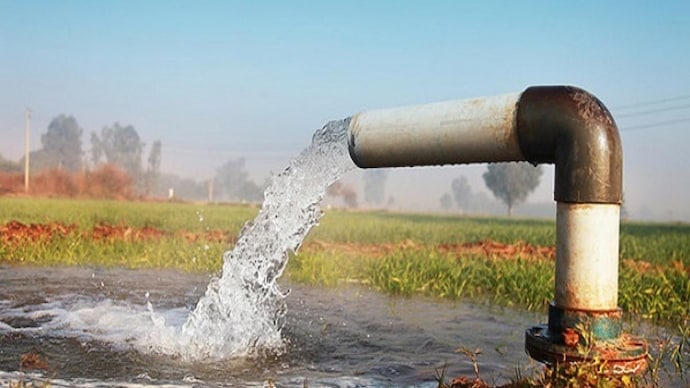Precious Mlilo
NEWS REPORTER
BOREHOLES have forever been bringing relief to Zimbabweans when it comes to clean water after taps run dry especially when the heavens close shop.
Now with the climate change phenomena and urbanization of new settlements across the country, access to clean water is at its dilapitating stage. The crisis comes in the eve of increased extraction of underground water due to unplanned urbanization which has resulted in the sprouting of new settlements where land developers and city authorities are settling people in areas where there are no basic amenities such as piped running water.
Zimbabweans are extracting ground water faster than the aquifers are replenishing such that water tables and wells are falling way deeper into the earth’s surface and or boreholes are running dry.
While groundwater is managed to an extent, some wells and boreholes are dug or drilled without permission and even when permission is sought and granted, quite often more boreholes are drilled than the available supplies can support.
In the capital, Harare there are a lot of wells and boreholes, the effect of falling water tables can be seen easily. Wells that were quite prolific 70 years ago when dug are now totally dry, even if they were deepened at some stage, and a growing number of the older, and so shallower boreholes, that were once gushers are now dry holes unless they have been re-drilled to deeper depths.
Speaking at an environmental health seminar organized by the Médecins Sans Frontières (Doctors Without Borders) this week, a hydro geologist with the University of Zimbabwe, Dr. Richard Owen, said Harare was the most affected by ground water depletion.
The resilience of ground water is a mixture of how big the aquifer is. Harare is amongst the area with aquifers in fact most of Zimbabwe, does not have big aquifers. .
“A study of the SADC underground water drought risk found that Zimbabwe and Harare in particular is the most vulnerable community as a result on very high dependence on ground water,” he said.
“We are in trouble and running out of ground water. Every driller in the country will tell you as they drill in Harare the water table is deeper every day.” Dr. Owen said
He explained that the southern part of the city had quite shallow aquifers which made them more susceptible to depletion and contamination.
“People are drilling boreholes to about 180 meters with no water. We actually have a whole corner of the city running out of water so we must not lose sight of how much water we have and its quality,” said Dr Owen.
There is a need for a shift in the mindset of people and the authorities in terms of preserving water and understanding the value of water.
We need to teach people about the need to conserve water, how to use it, which activities to abandon and also, we need to separate our waste and maintain that which is valuable,” said MSF Southern Africa regional environment and health coordinator Mr. Danish Malik.
The fact that Harare had shallow aquifers could contribute to the contamination of boreholes and lead to outbreaks of disease.
“Using a toolkit we developed, it helped us to identify the underlying issues of non-functional and problematic boreholes and key outcomes after diagnosing 70 boreholes in Harare we came to know that the poor ground water quality in Harare is linked to poor borehole construction. We also found that most boreholes mainly rely on shallow aquifers which are known to be contaminated,” he said.
Pumping and extraction of ground water for both domestic and industrial purposes is putting a strain on Zimbabwe’s underground water, with indications that the resource could deplete in the foreseeable future, water experts have warned
Early this year, the Director of Environment Protection with the Environmental Management Agency (EMA), Christopher Mushava during a strategic dialogue on environmental management that was hosted by the Ministry of Environment, Climate, Tourism and Hospitality in Bulawayo also stressed out that some of Bulawayo rivers have dropped in their water level due to many causes and thus underground extraction is slowly affecting the country at large.
ZIM GBC NEWS©2023


